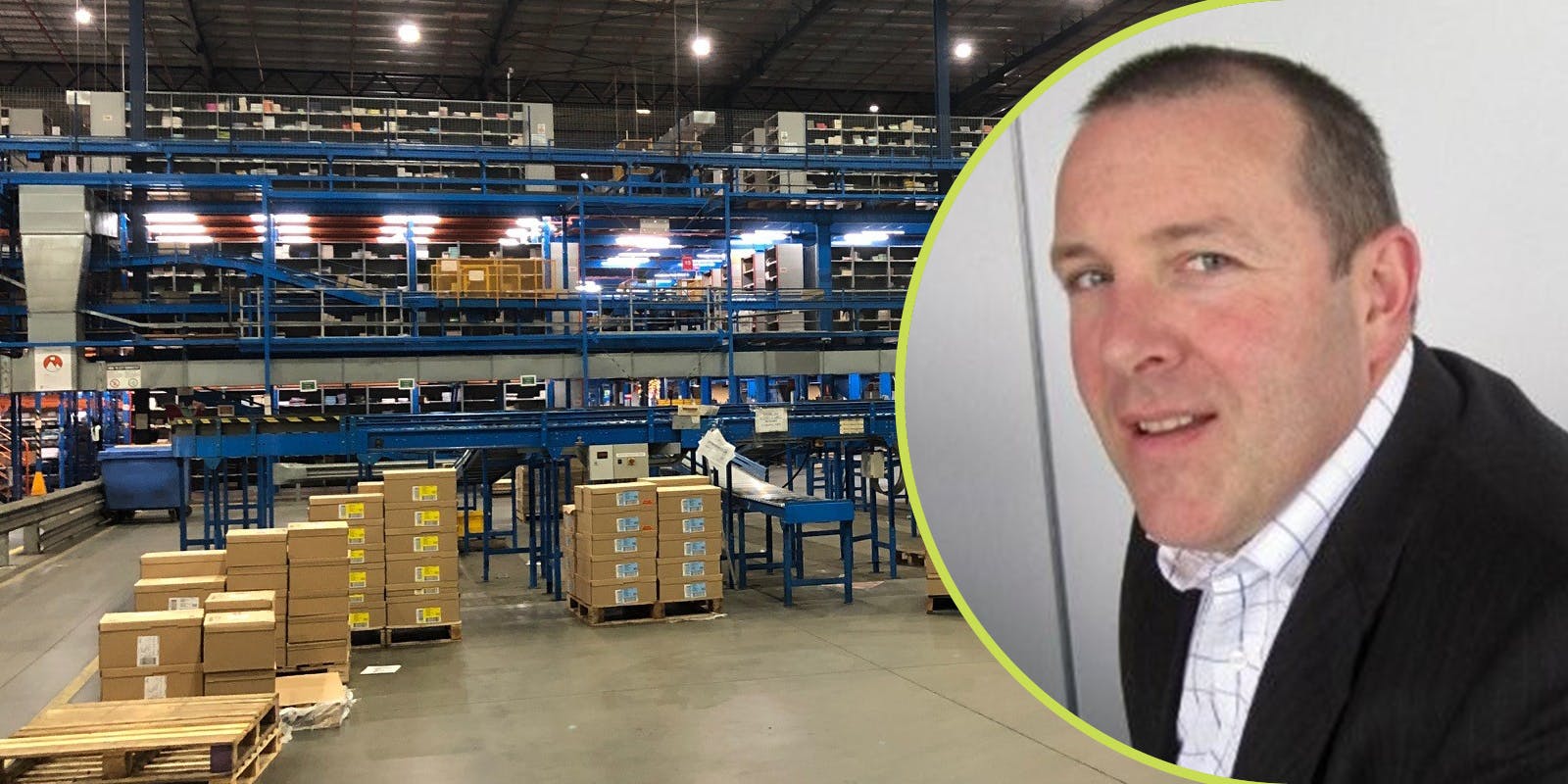We chatted with our partners at United Book Distributors (UBD) to find out what's being done to make our shipping and distribution practices more environmentally-friendly. See what Matt O'Brien, Operations Director at UBD had to say.
What is the #1 thing that UBD is focusing on to create a more sustainable business in the future?
The number one issue right now is reducing our use of single-use plastics. State governments have made good changes to drive out single-use plastics, and it’s a big area of opportunity for businesses, PRH included.
What recent changes have happened at UBD as far as sustainability goes?
The most significant change in recent times was redesigining our cartons to fit more books, reducing the amount of void fill needed and reducing empty space shipped in our boxes around the country. As a result, we’ve shipped 5,200 fewer pallets than in previous years and reduced our void fill waste by 44 tonnes. It also means 225 fewer trucks on our roads each year.
More recently we have managed to source an alternative to our pallet wrap – it’s half the thickness of the previous wrap but just as strong, and so we are using half as much plastic and reducing our plastic waste by 8 tonnes a year. More alternatives are coming to market over the next 12 months and hopefully, we can eventually eliminate the use of plastic wrap.
We’ve also converted all of the lighting at our warehouse to LED lights which reduce the amount of electricity used.
What inspired you to make those changes?
I’m really passionate about sustainability and believe we need urgent action to help the climate crisis. Working on the distribution side of things at PRH, we have the greatest impact and potential change on our carbon footprint. With 63% of our footprint coming from inbound and outbound transport, the warehouse plays a big role in influencing our delivery partners and controlling how many trucks are needed. The whole team at UBD share a passion for sustainability and understands the need to transition to sustainable alternatives to work towards a better planet.
What role does packaging play when it comes to waste in landfills?
Packaging is a major contributor to landfill, because generally when you get a product, you take it out of the package and throw it away, meaning packaging is usually single-use. About 91% of packaging waste is sent to landfill because it can be difficult to recycle, particularly if it’s plastic. Recently there has been more awareness around soft and hard plastic recycling, but the best way to reduce packaging ending up in landfill is to not use plastic at all.
How is PRH working to reduce packaging/ make it more sustainable?
Because of the issues around plastic recycling, we’ve been limiting our plastics and using paper and cardboard-based packaging instead. This way we make sure that all of our packaging can be recycled so that when boxes get delivered to customers, they can easily separate and recycle their packaging. We’re also working towards making sure all of our packaging is made out of at least 50% recycled materials to become a part of a circular economy and reduce the amount of packaging that ends up in landfills.
What single change has had the biggest impact?
With sustainability being such a large challenge to tackle, it’s best to approach it piece by piece and make lots of small changes to ultimately get to where we want to be. It has to be a concerted long-term effort, with lots of steps and achievements along the way. Also, it isn’t just about what we do but about influencing our partners in freight and production – it is a key focus and responsibility to ensure they come on the journey with us and help reduce greenhouse gas emissions at every step of the supply chain.
Besides the sustainable initiatives with packaging, how is the team being more eco-friendly?
We have a veggie garden on-site that the Green Team helped put together by converting apple crates into planter boxes – it got the team working together to create something eco-friendly, and a lot of people adopted the same ideas in their homes. The Green Team at UBD also gets us involved in Clean Up Australia Day and ensures our general recycling practices at the warehouse are thorough. It’s a constant area of discussion and the team actively engages in any changes we implement.
What change would you love to see in the next five years?
I would love to see a change in how we use pallets and trucks and change how we transfer stock. I think we need to keep working towards a way of eliminating the need for pallets (and the pallet wrap!) to allow even more boxes to fit in a truck, further reducing the number of trucks on the road. This would require a redesign of the warehouse and loading docks and might take a bit of time to implement, but we’ll get there!
To make a real difference to our emissions, we need to look at our overall supply chain and try to localise as much of it as possible. It would be great if we could print more books onshore so that we don't need to rely on stock coming into the country from overseas. With advancements in technology and transport, we could have electric trucks transporting the stock around Australia. With sustainability being such a hot topic all over the world, new technologies are constantly arising in all industries, so we could see even more advances in recycled packaging and alternative operations solutions soon.












